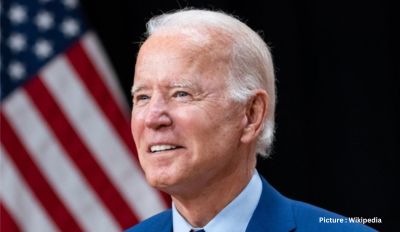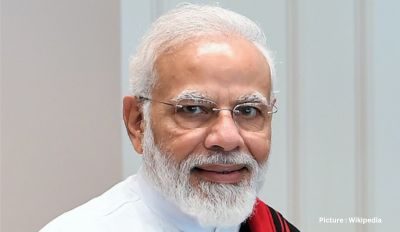In an unexpected turn of events, Pakistan’s military executed targeted strikes against alleged militant hideouts in Iran, marking a rare escalation of tensions between the two neighboring countries. This move came in response to Iran’s strikes against Jaish al-Adl, a separatist group reportedly based in Pakistan’s Balochistan province.
According to Pakistan’s Foreign Ministry, the morning strikes were aimed at “terrorist hideouts” in Iran’s Sistan and Baluchestan province. The Foreign Ministry justified the action, stating, “This action is a manifestation of Pakistan’s unflinching resolve to protect and defend its national security against all threats.” However, the consequences were severe, as Iran’s semi-official Tasnim news agency reported the death of as many as nine foreigners, including four children, in the retaliatory strike.
The tit-for-tat response represents a significant escalation between Pakistan and Iran, both of whom are allies of China, with a history of strained relations. This incident occurred amidst heightened turmoil in the Middle East due to the Israel-Hamas conflict. Despite the tensions, officials from both countries expressed a desire to prevent further escalation.
Iranian Foreign Minister Hossein Amir-Abdollahian took the initiative to ease tensions by reaching out to his Pakistani counterpart on Wednesday. Simultaneously, Pakistan maintained its stance, asserting its right to respond to what it deemed an “illegal act” by Tehran. Analysts speculate that China, being closely tied to both Pakistan and Iran, might play a role in mediating the situation.
“Pakistan has also always emphasized dialogue and cooperation,” stated Mumtaz Zahra Baloch, the foreign ministry spokeswoman, adding, “We will continue to engage with our neighbor Iran to ensure that peace prevails.” Baloch highlighted the existing communication channels between the two nations to discuss the unfolding events.
Even Pakistan’s military, which employed various military technologies such as “killer drones, rockets, loitering munitions, and stand-off weapons” in its strikes, acknowledged the importance of dialogue and cooperation in resolving bilateral issues. The army emphasized that moving forward, a prudent approach would involve diplomatic measures to address concerns between the two neighboring nations.
China, another key player in the region, expressed its concern over the situation. China’s Foreign Ministry spokeswoman, Mao Ning, stated, “We hope both parties can exercise restraint and calmness, and can avoid escalation.” The global impact of the rising tensions was reflected in the oil market, with prices surging as concerns grew over potential disruptions to crude production.
The developments unfolded during a sensitive period for Pakistan, scheduled to hold delayed national elections early next month. The situation also coincided with Iranian-backed proxies engaging in conflicts in Israel and the Red Sea, heightening fears of a broader regional conflagration. Iran, in a separate development, carried out limited strikes in Iraq, targeting what they claimed was an “Israeli spy base.”
Iran clarified that its strikes in Pakistan were specifically aimed at Jaish al-Adl, a separatist group designated as a foreign terrorist organization by the U.S. The group operates along Iran’s porous border with Pakistan, predominantly inhabited by Shiites. Jaish al-Adl has been responsible for multiple attacks on Iranian security forces, including a December assault on a police station that resulted in the death of 11 people.
The retaliatory attack by Pakistan resulted in the death of as many as nine people, occurring in two locations around the border city of Saravan at approximately 4:30 a.m., as reported by AFP citing Iranian media. The situation remains fluid, with diplomatic efforts underway to de-escalate tensions between the two neighboring nations and mitigate the potential for further conflict.









